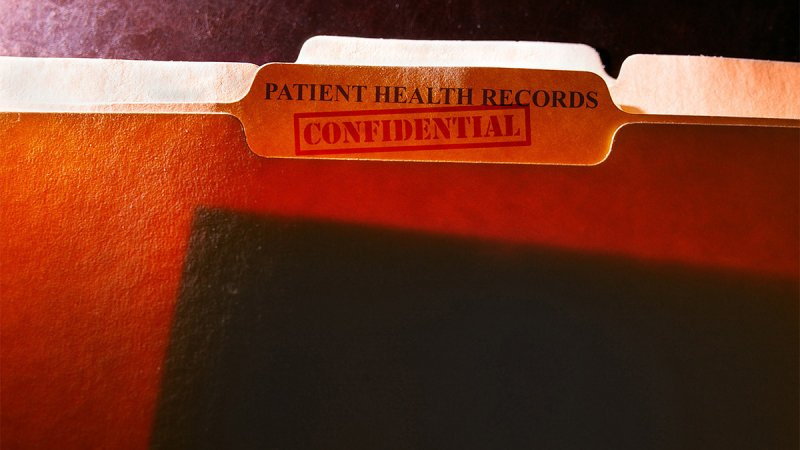A record is anything that supports the business such as business decisions, policy documents and approval documents. This includes emails, paper documents or electronic files that provide evidence of a business’s activity.
Data and information can then be held as a record physically such as a book or electronically in a computer file, or even as a video. Most of the information you use in day-to-day working life will be classed as a record as a result.
Whilst records can deal with business activities such as policies and procedures, invoices, and meeting reports, the following are not generally classed as records:
- Personal communication
- Externally published information
- Blank forms or templates
- Personal emails
- Personal diary
- Draft of a policy

Different Types of Records:
Unrestricted records tend to cover information that is easily found on web pages. They are made available to the public, such as details of available services, contact information, organisational decisions, or environmental information.
Contextually sensitive records are normally available to the public, but sometimes circumstances prevent this. If the record is in draft form, it cannot be released until it is in its final format. If the information includes a third party, then this information cannot be made public without that person’s permission. In these examples, records may only be contextually sensitive for a short time, although this may vary.
Personal and Confidential Records are held about citizens, clients, customers, employees or any other individuals. This could include basic details such as names and addresses or go much more personal such as sexual orientations and political views.
Extremely Sensitive Records may be any type of information, meaning it doesn’t always have to be personal data. If these types of records were lost or made public, it would have a very negative effect on the reputation of the organisation as it could lead to consequences such as loss of life, damage to our ability to carry out our work, massive financial losses or the public’s safety being put at risk.
Why Record Management is Important
Management of records is the process of looking after information through careful supervision and administration, whether they’re digital or paper records, they need to be managed to a high standard.
The goal of records management is to help an organisation keep the necessary documentation accessible for both business operations and compliance checks, improving organisation which saves a lot of time, and a lot of stress.
The benefits of good records management are that it…
- Increases the ease and efficiency of work
- Increases your accountability by offering up clear information that can be used if problems occur
- Means that your records are of high value if they’re ever needed as evidence due to their standards in validity,accuracy, and relevance
- Shows you’re following legislation by complying to the expected standards

